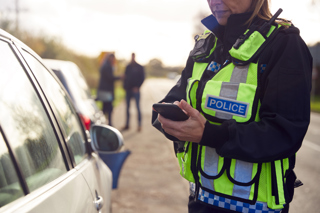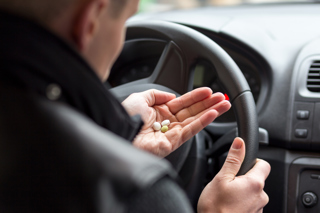Drug driving policies may need to be adopted or rewritten by many fleets as new figures show that the problem is on the rise among younger drivers, says CFC Solutions.
An RAC survey of more than 1,000 people found a rise from 5% to 9% among 17-24 year olds who admitted to driving under the influence of illegal drugs during the last year.
The research follows hot on the heels of a Government announcement that drug driving will be tackled in the Crime, Communications and Court bill and that police will be given roadside drugalysers.
The drugalyser works by analysing a saliva sample. Drivers who fail the initial roadside test will be taken to a police station and tested with a more sophisticated machine. Penalties include up to six months in prison and fines up to £5,000.
Neville Briggs, managing director at CFC, said: “Action in this area is long overdue from a general road safety point of view and these latest figures from the RAC, combined with the Government’s announcement, should prompt fleets that have not already taken action to make drug driving part of their risk management policies.
“For too long, this has been an area of risk management characterised by a certain amount of cloudiness and elasticity because the law and its enforcement were themselves unclear. That situation has changed with the arrival of the new law.
“Now, it should be made clear to employees that recreational drug use and business driving will be treated in a zero tolerance manner, and also that any doubts surrounding prescribed or over the counter medication should be raised so that further advice can be sought. Drivers need to take the subject seriously.”
















Login to comment
Comments
No comments have been made yet.